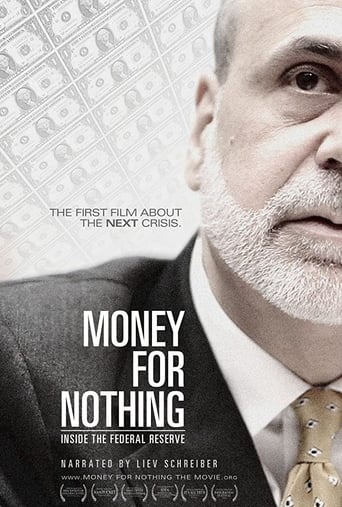


Money for Nothing: Inside the Federal Reserve
Nearly 100 years after its creation, the power of the U.S. Federal Reserve has never been greater. Markets and governments around the world hold their breath in anticipation of the Fed Chairman's every word. Yet the average person knows very little about the most powerful - and least understood - financial institution on earth. Narrated by Liev Schreiber, Money For Nothing is the first film to take viewers inside the Fed and reveal the impact of Fed policies - past, present, and future - on our lives. Join current and former Fed officials as they debate the critics, and each other, about the decisions that helped lead the global financial system to the brink of collapse in 2008. And why we might be headed there again.
-
- Cast:
- Liev Schreiber


Similar titles
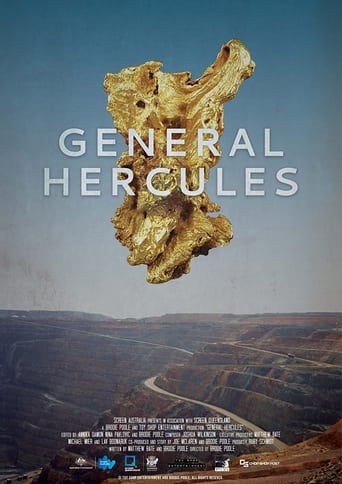


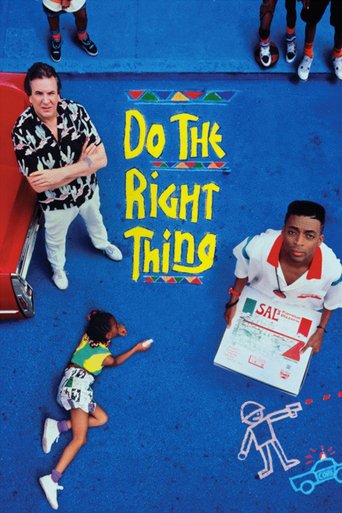
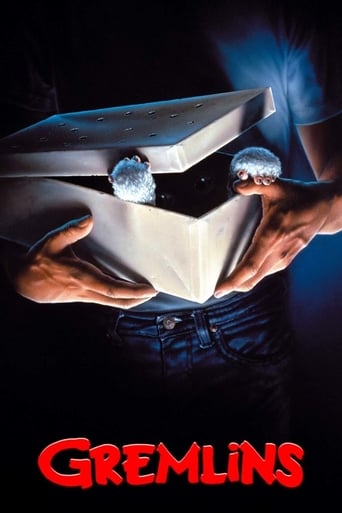

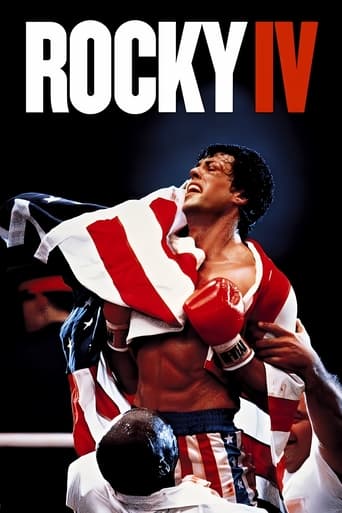
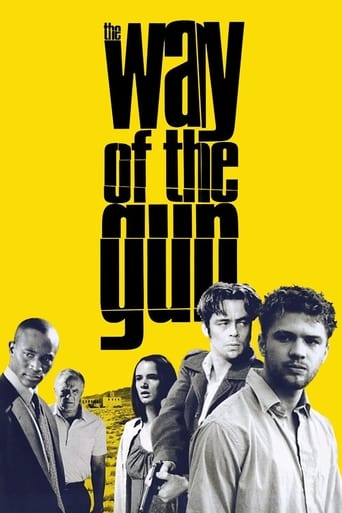

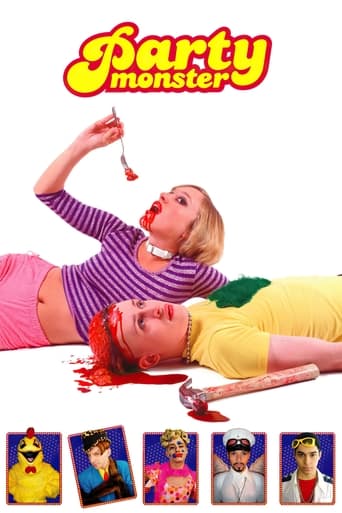
Reviews
Just perfect...
When a movie has you begging for it to end not even half way through it's pure crap. We've all seen this movie and this characters millions of times, nothing new in it. Don't waste your time.
This is a small, humorous movie in some ways, but it has a huge heart. What a nice experience.
It's easily one of the freshest, sharpest and most enjoyable films of this year.
Nearly 100 years after its creation, the power of the U.S. Federal Reserve has never been greater. Markets and governments around the world hold their breath in anticipation of the Fed Chairman's every word. Yet the average person knows very little about the most powerful - and least understood - financial institution on earth.This film covers everything from the Great Depression up through Bretton Woods (and its repeal in 1971) and on through the crisis of 2007-2008. We get Greenspan's connection to Ayn Rand and learn a few technical terms like "quantitative easing".This is a great primer for anyone who knows absolutely nothing about the Federal Reserve. And, frankly, that happens to be most of us. Even those who do know something will probably learn more. How odd that the engine fueling our economy (maybe even the entire global economy) is not something many people could even explain.
One of the best documentaries I've seen demonstrating how the role of the Federal Reserve contributed to the Financial Crisis of 2008. In the wake of the financial collapse of 2008 creating a Recession which could have led to another Great Depression, a lot of blame was leveled against Investment Banks who were vilified as being greedy, particularly Lehman Brothers and Bear-Stearns, and insurance companies like AIG who undertook too many credit default swaps. The financial banks had taken on nearly as much debt as their assets, particularly in sub-prime mortgages, and AIG had insured them against default, i.e. "default swaps". When Lehman went bankrupt, AIG owed trillions of dollars in insurance against default, which nearly brought down the financial system.Now, while Lehman and Bear-Stearns share plenty of the blame in the recent crisis, these bad debts and faulty reliance on sub-prime mortgages were not solely private sector malfeasance. A US department agency also played a crucial role: The US Federal Reserve. The US Federal Reserve ("The Fed") since Alan Greenspan became Fed Chairman in the late 1980's under then President Ronald Reagan engaged a more "hands-off" policy in terms of financial regulation and at the same time allowed much more loan money to be acquired by these private financial institutions who in turn bought into risky investments. This documentary outlines why the Fed was created in the first place, its role over the years in terms of both regulating and stimulating financial markets and what it did and didn't do to contribute to the recent financial collapse. While I don't believe the Fed was solely responsible for the financial collapse, as suggested by the film, their policy approaches were vital as one of many contributing factors which created a financial "perfect storm".Two of the leading characters whose roles were crucial in the Fed's policy-making in this unfolding drama were the two Fed Chairmen Alan Greenspan (1987-2006) and Ben Bernanke (2006-2014). Greenspan in particular was touted as a financial guru who understood financial markets better than a Super Bowl winning football coach understands how to get first downs and touchdowns. If Greenspan didn't know the answer to an aspect of the financial market, the question itself must be flawed, or so went the conventional wisdom for nearly 30 years. To his credit, Greenspan had steered the US economy through several storms. What he didn't know was that a financial hurricane was descending upon Wall Street.Over and over, Greenspan had opportunities to regulate aspects of the financial markets, particularly the so-called credit default swap insurance policies, issued by the likes of AIG and others. He also could have reigned in loose lending practices. Once, early on as Fed Chairman, Greenspan hinted the stock market may be spiraling out of control, but was quickly vilified by Wall Street for his remarks. Since then, during much of his tenure, he took a position of deregulation in which "the market will figure it out" approach so prevalent in Conservative politics. Ben Bernanke, who is a self-described scholar of the Great Depression, also didn't see the financial collapse coming. In several interviews prior to the beginning of the collapse, Bernanke iterates the impossibility of a national drop in housing prices. His scholarship for some reason precluded him from seeing the coming crisis, first in terms of the bursting housing bubble, then the ensuing financial crisis which was spawned as a result.While scholars have debated and will continue to do so over the next century over the reasons for the financial crisis, several things are clear about the Recession. The Fed contributed to the collapse with certain policies, greed does not necessarily regulate itself, and no single individual can know everything about every aspect of the market. At the ensuing congressional hearings which Congress called after the collapse, Greenspan admitted the flaws of his policies. He said he assumed that financial institutions would always make the best decisions which would be in the interest of their companies. The reality is, just like everything else in a complex modern world, the private sector cannot always be counted on to make the best of decisions, be it for their companies or the worldwide economy. The Fed has a role to play in at least helping to thwart a possible crisis in the future. That role is always endlessly debated by politicians, congressmen, financiers, advisers and occasionally scholars. Let's hope the financiers won't always get 100% of their desires.
A must-see film for investors looking to understand the recent Boom & Bust cycles produced by the Federal Reserve. More importantly, a must-see film for investors looking to dodge the next BIG bubble. The producer does an excellent job illustrating the history of the Federal Reserve and its original role in the economy. Most impressive, is the quality of the cast interviewed during the film. Members of the Federal Reserve, IMF, Bank of International Settlements, and famous economists to name only a few examples. The credibility of these individuals gives the information more weight than the average documentary. Finally, the film goes on to explain how the Federal Reserve has become something that was not originally intended during its creation, a political instrument that impacts every one of us. Never has it been more important to understand this concept and how it applies to the next big bubble being created as we speak.
The movie is long ( 100 minutes ) , boring , dis-ingenuous. The actual content is about 1/3 of the movie and the other 2/3 is filler material. Many concepts are repeated over and over until the eyes begin to glaze over. There are lots of emotive images that do not inform. There are lots of talking heads that add little to the movie. I found myself wondering if the producer was cynical and aware of the manipulation occurring. Or maybe the producer thought all the stuff included was *cool*. The movie has laser beam focus on the Federal Reserve and ignores all other factors. The movie contradicts itself. The movie is full of logical fallacies. ( Are they deliberate ? ) The best element of the movie is the remark that the *US currency* is the world's best brand name. 99guspuppet
